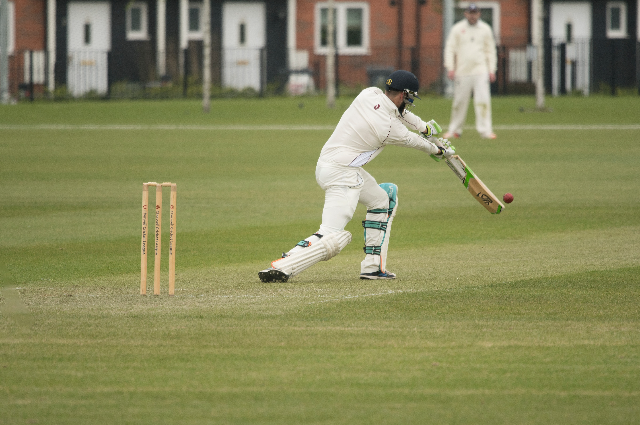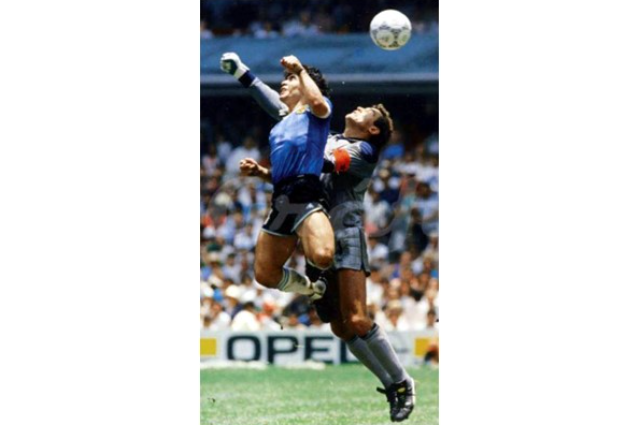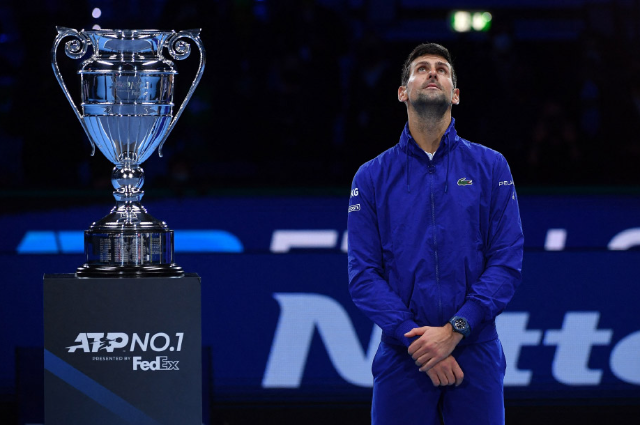
Introduction
Ethics has been defined by the Oxford Dictionary as "moral principles that govern a person's behaviour or the conducting of an activity". Though the moral principles are not static as they change with the times to a certain extent, sports is an exceptional area where the underlying moral principles are almost the same irrespective of the time and circumstances. Its primary reason lies in the fact that sports is a genuine means to elevate the sagging human spirit and to promote brotherhood and mutual respect. Win or loss has never been the central figure in sporting activities. That is why the winner and loser both shake hands after the match is over. However, the scenario changed drastically with the induction of money in sports. It was the outcome of turning sports into a commercial activity. Since the big business houses invested money into sports, winning became the keyword for both the sportspersons and the businessmen. But for any player winning is not possible every time, hence unethical practices started to bloom in the field of sports. In the modern times, hardly any sport can boast of maintaining ethical standards in totality. In this regard, it would be worthwhile to know about the present state of affairs in sports in the backdrop of declining ethical standards.
1. 'Hand of God' incident in football:
In the quarterfinals of the football World Cup of 1986, Argentinian player, one of the greatest footballers of all times, Diego Maradona scored the first goal against England with the help of his hand. This was against the football association rules and totally unethical. However, the match referee could not see the handling of the ball in time and the goal was not nullified. Later, it was alleged on behalf of Maradona that this was a revenge goal against England's victory over Argentina in the Falklands War. Argentina ultimately became the world champion in the 1986 World Cup. The sad part was that Maradona never expressed regret over his unabashedly unethical act.
It was not the game only but the administrators of this popular game were also involved in unethical practices. Few years ago, the president and other office-bearers of FIFA, the world body of football administration, were found involved in horse-trading and taking bribes in lieu of allotting venues of the future World Cup championships. A few of them were even sentenced to prison for their misdemeanours.
2. Match-fixing in Cricket:

In the last two decades, the gentlemen's game, cricket is marred by consistent controversies of match-fixing and spot fixing which has ruined the shining careers of many national and international cricketers. Bookmakers and the middlemen are the main perpetrators of this unethical and criminal activity. It is noteworthy that cricketers of all the cricket-playing countries except England have been found to be involved in this dirty game. Several of them have been convicted and banned by their respective Cricket Associations for various periods including life ban. It is indeed saddening in reference to the game of cricket because of its adherence to strict ethical principles. The prominent players who became victim of bookmakers' trap include Indian players, Mohd. Azharuddin, Ajay Jadeja, Manoj Prabhakar, Srisant etc. besides Hansie Cronje, Herschel Gibbs, Brendan Taylor, and many more international players. As many as 33 international cricketers have been found guilty and were convicted and banned for different periods by their cricket associations.
3. Doping menace:
Probably the worst enemy of the purity and high ethical standards in sports has been the infiltration of doping evil which has encompassed a large number of sporting activities including athletics, wrestling, weightlifting, football baseball, and the likes. Some specified drugs meant to enhance physical energy and strength are being consumed by the sportsmen clandestinely. But the cause of concern is that some of the national sports associations are also involved and have turned a blind eye towards this unethical and immoral activity. It is estimated that in 2011 Olympics, over 3o % of the participants were involved in doping. The entire Russian Track and Field team was banned to take part in the recently concluded Tokyo Olympics held in August 2021. It was found that the Russian State had sponsored and essentially sanctioned their doping programme. Here, it is pertinent to note that the use of drugs to enhance performance is considered unethical, and therefore prohibited by most sports organizations, and the International Olympic Committee. Many famous athletes including Maria Sharapova(Tennis), Shane Warne (Cricket), Diego Maradona (Football), Ben Johnson (Sprinter), Lance Armstrong (Cycling), Shoaib Akhtar (Cricket), Manny Ramirez (Baseball), Justin Gladlin (Track and Field), According to the report published by the World Anti-doping Agency (WADA), 152 (17% of the world total) Anti-doping Rule Violations were reported in India in 2019, leaving it third in the list with the maximum dope offenders coming from bodybuilding (57).. Famous Indian athletes caught in the doping net include Narsingh Yadav (Wrestling was banned to take part in the Rio Olympics of 2016) , Ashwini Akkunji, Sini Jose, Mandeep Kaur, etc. (Track and Field), Seema Punia (Discuss Throw), Kunjarani Devi (Weightlifting). In 2021, another Indian Olympic-bound wrestler, Sumit Malik was provisionally suspended after failing a dope test during the Qualifiers in Bulgaria by the United World Wrestling. The list is not exhaustive. Despite the adverse coverage and imposition of stricter norms, the vicious phenomenon of doping is gaining momentum day by day.
4. Curious case of Novak Djokovic:
Can a famous and world-beater player like Novak Djokovic flout the corona protocol and the guidelines followed by the citizens of a country with impunity? This was the question raised by Novak's curious stance in which he refused to go for corona vaccination before participating in the Australian Open,2022, one of the Grand Slam tournaments of lawn tennis. The Australian Government was compelled to deport him from the country as his visa was cancelled after the orders of the highest court of Australia. By not following the corona norms of a country showed that he cared for his own interests only, and was not concerned for the general well-being of the inviting country. This conduct of a great player was highly unethical and not acceptable in the interest of sports and humanity. Any sportsman's primary duty is to propagate human values which are fairly entrenched in sports.
Why are sportsmen becoming unethical?
The primary reason is the longing for name and fame for any sportsman. This insatiable urge for recognition has been the driving force for them throughout the ages. But this does not imply that the sportsmen should resort to unethical and illegal practices to increase their stakes in the international competitions. Sports generate friendly rivalry. It is not moving ahead by crossing over the heads of their competitors. The second and the most important reason is the induction of money into sports. Currently, sports has been commercialized. Money is being pumped by the private investors into training and sponsorship of the players, who in return want their money back in multiplied form. They coax the players to go for better results. Winning is their basic mantra. Consequently, the pressurised player begins to seek unethical and illegal means in the hope of getting better results. Sometimes, they succeed and other times, they are caught and face ignominious consequences. The third reason is that the countries also want to establish their superiority and prowess in sports over other countries. Presently, a rat race could be easily identified amongst countries like China, Russia, United States asserting their supremacy in the final medal tally during any important international sporting event. This approach of the nations’ unconsciously exert a tremendous amount of pressure on the players' psyche, who start taking drugs or resorting to other unethical practices.
Conclusion
Modern day sports is fiercely competitive and involves money and national prestige as necessary components. Winning at any cost is the basic tenet of every sportsman and the sporting organizations. The growing commercialization of sports is taking its toll. All kinds of unethical practices are in vogue. In the sporting arena, this has become the new normal. Despite the stringent rules and regulations, the violations of ethical and moral standards are becoming the order of the day. Without ethics, sports are incomplete and meaningless. This lesson should be heeded by all concerned in the interest of sports. This is high time the international controlling sports bodies took necessary and reformative steps to re-establish ethical norms in sports. Otherwise, we will witness many battlefields in the sporting grounds. This may be the writing on the wall for the present generation. Sports is a means to achieve happiness and contentment and it can't be the pursuit of winning only.



